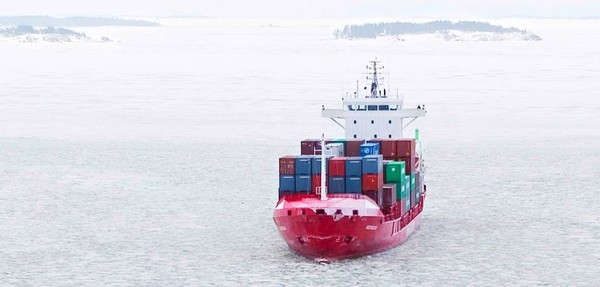The IMO Facilitation Committee (FAL) met in London during the week commencing 3 April.
The main issues arising from the meeting were:
Explanatory Manual of FAL Convention to be reviewed
The Plenary adopted amendments to the Annex of the FAL Convention, which are expected to enter into force on 1 January 2018. Having considered and adopted the new amendments, a revision to the Explanatory Manual will follow.
Mandatory Electronic Data Interchange
New mandatory requirements were adopted on Electronic Data Interchange. According to the new standard, public authorities must establish systems for the electronic exchange of information by 8 April 2019.
A new recommended practice encourages the use of the single window concept to enable all the information required by public authorities in connection with the arrival, stay and departure of ships, persons and cargo, to be submitted via a single interface.
Electronic certificates are equal to paper certificates
To assist with the inspection of ships in ports, the FAL Committee has taken an initiative, together with other IMO bodies, for online access to certificates and documents required to be carried on board ships. Electronic certificates will now be treated as equivalent to paper certificates.
Master's administrative burdens when ship call ports
The need for harmonising standards at ports serving international shipping and simplifying documentation requirements to facilitate the smooth and rapid transit of ships was the subject of a presentation made by Denmark during the 38th session of the Facilitation Committee (FAL 38) held at the IMO headquarters from 8 - 12 April 2013.
A Danish master mariner, Captain Christian Rørbeck, gave a presentation on the administrative burdens that he has faced in connection with port calls around the world during his many years as a master. He focused on FAL forms and the many local variations of these standard documents around the world, in some cases, in different ports of the same country. This leads to an increase in the difficulties that a master faces when making a call at a port.
